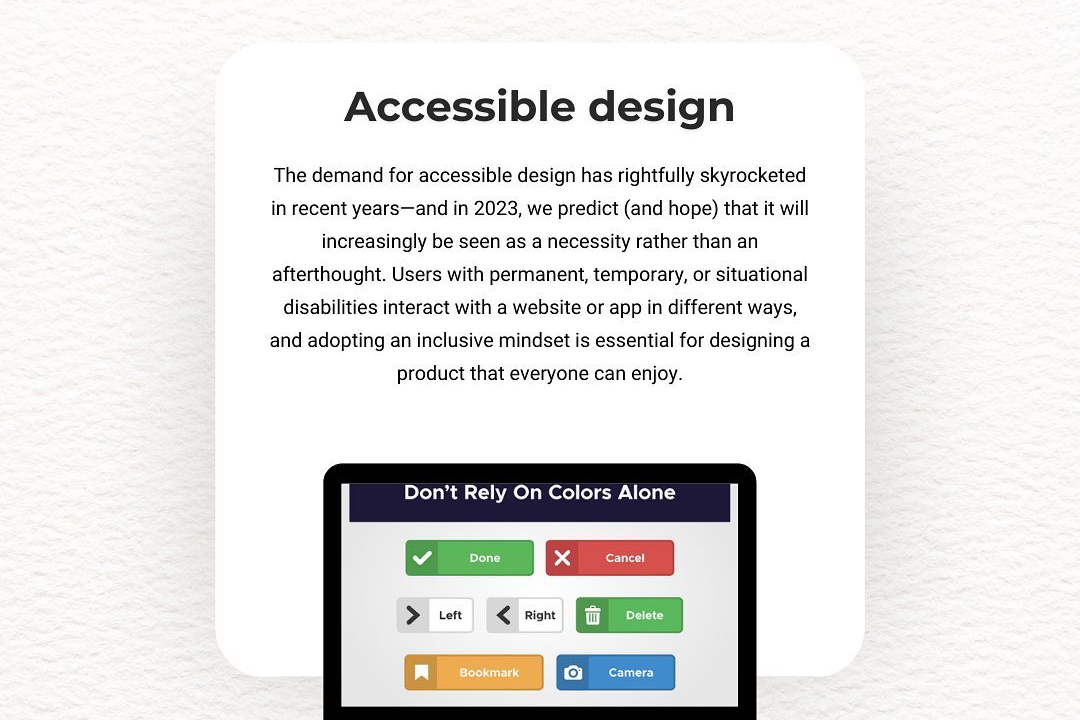Ios app testing frameworks
Effective Frameworks for iOS App Testing
Ios app testing frameworks
iOS app testing frameworks are essential tools that facilitate the testing of mobile applications on Apple's iOS platform. They help developers ensure their apps are robust, functional, and free of bugs. Popular frameworks include XCTest, which is Apple's built-in testing framework, supporting unit tests, UI tests, and performance testing. Other notable frameworks are Quick and Nimble, which provide a Behavior-Driven Development (BDD) approach, making tests more readable and expressive. UI Testing, integrated within XCTest, allows automated interaction with the app's interface to validate user experience. Furthermore, third-party frameworks like Appium and KIF offer cross-platform testing capabilities and additional functionalities. Overall, these frameworks support manual and automated testing, enhancing the development process and ensuring a high-quality user experience.
To Download Our Brochure: https://www.justacademy.co/download-brochure-for-free
Message us for more information: +91 9987184296
1 - XCTest: The default testing framework provided by Apple, XCTest is used for unit testing and UI testing in iOS apps. It integrates well with Xcode and supports various test cases.
2) XCUITest: An extension of XCTest, XCUITest is specifically for UI testing. It automates user interface testing and allows developers to ensure that the UI behaves as expected.
3) Quick: A behavior driven development framework for Swift and Objective C, Quick allows developers to write tests in a more readable and expressive way. It helps in focusing on the expected behavior of the application.
4) Nimble: Often used in conjunction with Quick, Nimble is an assertion library that provides a more fluent and expressive syntax for writing assertions in tests, enhancing readability and maintainability.
5) EarlGrey: Developed by Google, EarlGrey is an iOS UI automation testing framework that allows developers to write robust UI tests with features like synchronization, making tests more reliable.
6) Appium: A cross platform testing framework that allows mobile app testing (iOS and Android) with a single API. It supports various programming languages like Java, Python, and Ruby.
7) KIF (Keep It Functional): An iOS integration test framework that uses the accessibility API to interact with the app. KIF allows developers to write UI tests that resemble how users interact with the app.
8) SnapshotTesting: A framework for snapshot testing in Swift, it allows developers to take screenshots of UI components and ensure that they look exactly as expected at any point in time.
9) FBSnapshotTestCase: An older snapshot testing framework that helps ensure the visual appearance of UI elements hasn't changed unintentionally.
10) SwiftLint: While not a testing framework in the traditional sense, SwiftLint is a tool for enforcing Swift style and conventions in code. Maintaining clean code can help reduce bugs and improve testability.
11) Mockingbird: A code generation tool for Swift that simplifies the creation of mocks and stubs for unit tests. It helps isolate dependencies for testing purposes.
12) OCMock: A mocking framework for Objective C that allows developers to create mock objects during unit testing, enabling them to simulate behavior of complex dependencies.
13) Cuckoo: A mocking framework for Swift that allows developers to create mocks for protocols, supporting both unit testing and integration testing scenarios.
14) Sourcery: A code generation tool that can generate mock objects based on your protocols and types. By automating mock creation, it reduces boilerplate code in tests.
15) TestFlight: While primarily a beta testing and deployment tool, TestFlight also allows developers to gather feedback on their apps which can direct future testing efforts and help maintain quality.
16) Firebase Test Lab: A cloud based infrastructure for testing apps on real devices. It allows iOS developers to run automated tests across a range of devices and configurations.
17) Studying Best Practices: Emphasizing the importance of writing testable code, implementing test driven development (TDD), and understanding mocking, stubbing, and dependency injection can be crucial for aspiring iOS developers.
By covering these frameworks and concepts, a training program can provide students with a robust understanding of iOS app testing and help them develop high quality, reliable applications.
Browse our course links : https://www.justacademy.co/all-courses
To Join our FREE DEMO Session: Click Here
Contact Us for more info:
- Message us on Whatsapp: +91 9987184296
- Email id: info@justacademy.co












